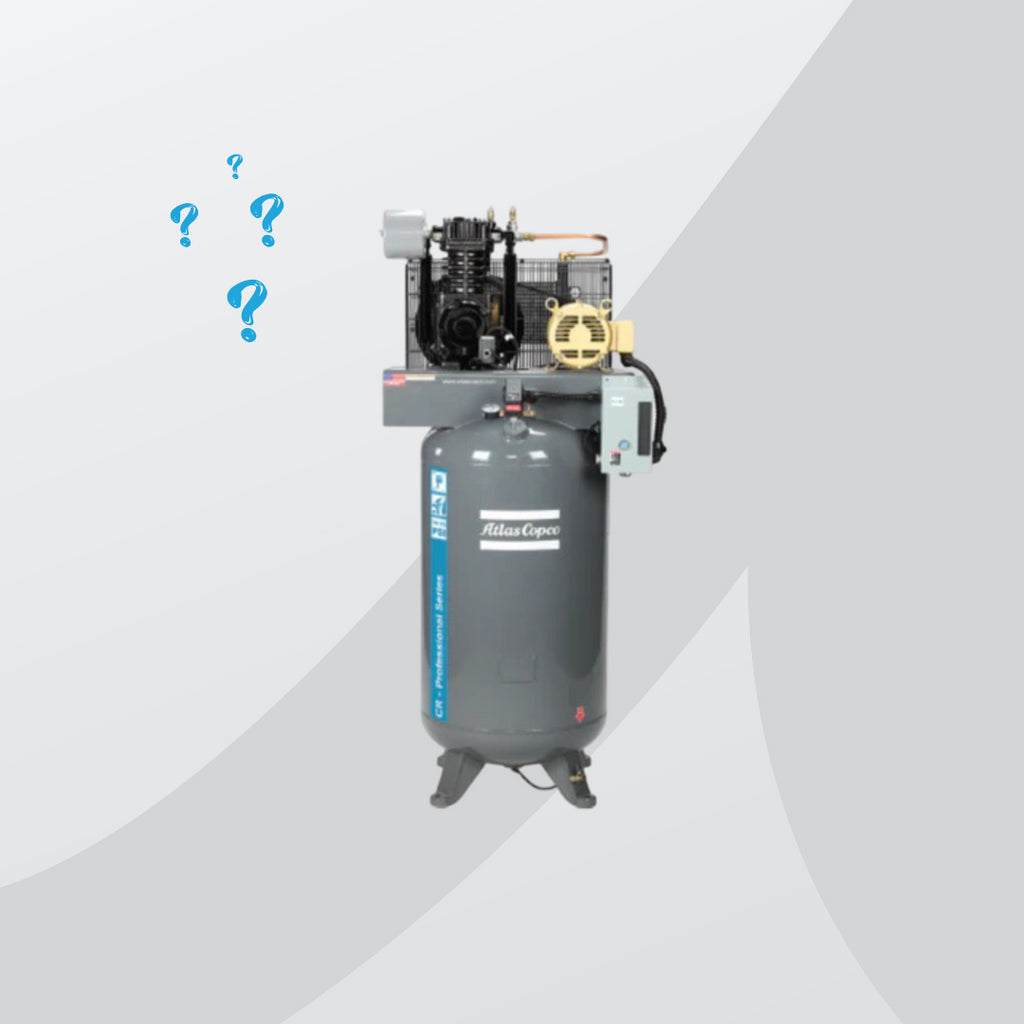What Size Piston Air Compressor Do You Need? A Guide by Application
Posted by EMILY OWEN

When it comes to selecting a piston air compressor, one of the most critical factors to consider is the size. But how do you determine what size piston air compressor you need for your specific application? Let's dive into a comprehensive guide to help you make an informed decision.
What factors determine the size of a piston air compressor?
The size of a piston air compressor is typically determined by the amount of air (measured in cubic feet per minute, or CFM) that it can deliver. The CFM requirements for your application will depend on factors such as the tools or equipment you plan to power with the compressor, the frequency of use, and the air pressure needed.
How to calculate the CFM requirements for your application?
To calculate the CFM requirements for your application, you will need to determine the air consumption of each tool or equipment you plan to use with the compressor. You can usually find this information in the tool's manual or by contacting the manufacturer. Once you have the individual CFM requirements, add them up to get the total CFM needed for your setup.
What size piston air compressor do you need for common applications?
For light-duty applications such as inflating tires or powering small tools, a small piston air compressor with a lower CFM rating (around 2-5 CFM) may be sufficient. On the other hand, for heavy-duty applications like sandblasting or operating large air tools, you may need a larger compressor with a higher CFM rating (10 CFM or more).
Consider the duty cycle and tank size
In addition to the CFM rating, it's essential to consider the duty cycle and tank size of the piston air compressor. The duty cycle indicates how long the compressor can run continuously, while the tank size affects the air storage capacity. A larger tank size can help accommodate fluctuations in air demand and reduce the workload on the compressor.
Consult with a professional for personalized recommendations
While this guide can provide a general overview of choosing the right size piston air compressor, it's always a good idea to consult with a professional or the compressor manufacturer for personalized recommendations. They can help you assess your specific needs and select the most suitable compressor for your application.
By understanding the factors that determine the size of a piston air compressor and calculating the CFM requirements for your application, you can make an informed decision that ensures optimal performance and efficiency. Remember, choosing the right size compressor is key to getting the job done effectively and maintaining your equipment in the long run.
TAGS:
